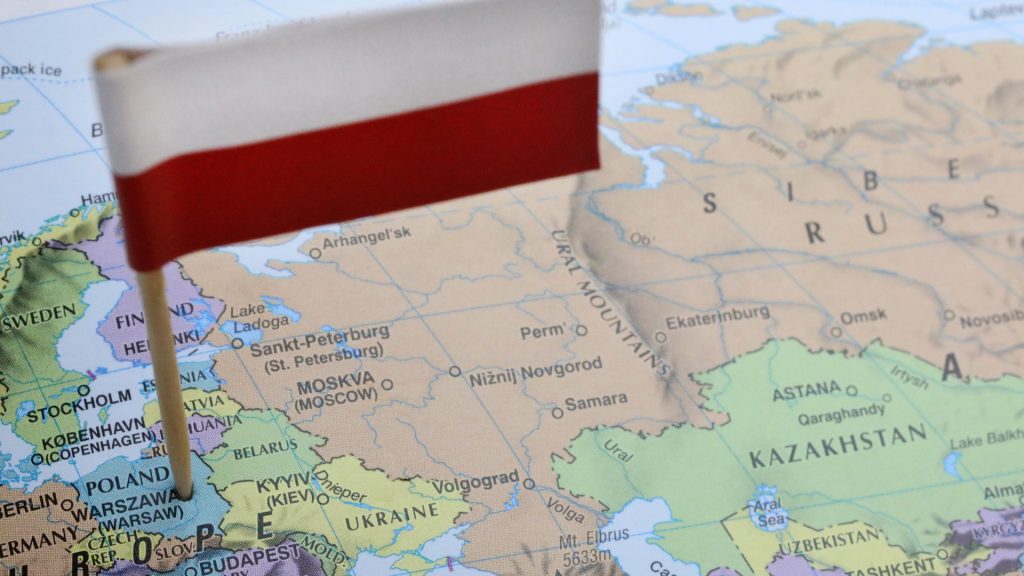A recent survey shows growing resistance to providing military support to Ukraine.
Others are reading now
ublic opinion on military aid to Ukraine is shifting across various European countries, including Poland.
Once a strong advocate of supporting Ukraine, Poland now sees an increasing number of citizens opposing such assistance.
Historical tensions and war fatigue are among the potential factors influencing these attitudes.
Survey Reveals Declining Support
According to Digi24, a study by the ARC Rynek i Opinia research lab, commissioned by the Mieroszewski Center, found that opposition to military aid for Ukraine has risen from 26% to 35% over the past year.
Also read
Meanwhile, support for aid has dropped by five percentage points, now standing at 49%. This means fewer than half of Poles currently back the provision of military assistance.
nother survey highlighted additional concerns, with 50% of Poles believing that Ukraine should not be allowed to join NATO or the European Union without first resolving the historical dispute over the Volhynia tragedy.
This refers to ethnic violence in 1943 during World War II, when tensions between Poles and Ukrainians led to widespread massacres in what is now western Ukraine.
Historical Grievances Influence Attitudes
The Volhynia tragedy remains a sensitive topic in Polish-Ukrainian relations.
Poland views the events as an act of genocide against its people, and unresolved disputes over the exhumation and commemoration of victims continue to affect political and public sentiment.
The increase in opposition to military aid reflects both historical grievances and the challenges of maintaining long-term public support for wartime efforts.
As the conflict in Ukraine persists, addressing these complex issues may be crucial for sustaining Poland’s role in regional security and cooperation.


